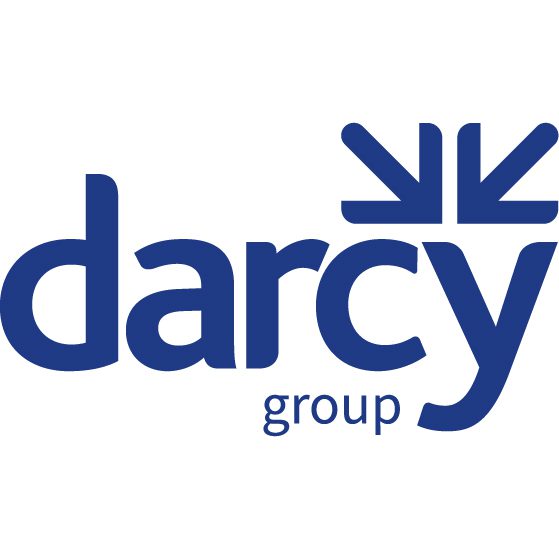This article contains paid-for content created in collaboration with Darcy Group.
As spring turns to summer, sites across the UK are continuing their steady return to some kind of business as usual.
By the end of this year, half of manufacturers expect to be back at full operating levels and employees are coming back in ever greater numbers after months of remote working.
For facilities managers, now is a critical time from the perspective of pollution control. For more than a year, operations and processes have been disrupted by lockdowns, with the enforced absence of staff stretching available resource to the limit. As activity builds again, and the risk of spills and environmental damage increases, the question is whether you can be confident your site is fully prepared.
The facilities managers who can answer this question with a confident ‘yes’ are likely to be those with a Planned Preventative Maintenance (PPM) schedule in place. PPM delivers a comprehensive, ongoing assessment of the pollution prevention measures in place across a site in its entirety. It should act as a regular, proactive ‘health check’ to identify whether these elements are functioning as they should, whether they are at risk of failure, and whether enhancements could be made to improve the environmental protection measures in place and maintain regulatory compliance.
Outside of specific legal requirements, such as the Control of Pollution (Oil Storage) Regulations 2001, there is not a single piece of overarching legislation dictating the various measures required to prevent and contain pollution across a site. However, the now-archived Pollution Prevention Guidelines (PPG) provide a robust best-practice framework that is complemented by guidance in a number of other areas.
An example is BS EN 858-2:2003 which details the preferred maintenance schedule for oil separators. It recommends that these essential assets are examined at least every six months by experienced professionals to ensure they are fit for purpose in terms of preventing hydrocarbons from entering the local environment.
At Darcy, as an initial step towards implementing a PPM schedule, we offer a complimentary site survey to assess current on-site pollution-prevention measures, looking at everything from valves and closure devices through to separators, secondary containment assets and spill kits. We analyse whether everything is present, correct and able to fulfil its intended function – whether that’s pollution prevention or emergency spill response. We also help facilities managers support best-practice approaches, delivering remote training and recommending measures to enhance pollution control.
An interceptor alarm, for example, is a highly effective, cost-effective piece of retrofittable technology that automatically monitors oil levels on a continual basis, issuing an alert only at the point when removal of oil or silt is required. For an outlay of under £1,000, the alarm not only enhances a site’s environmental credentials, but it also reduces waste management costs over time, with a potential payback in just eight months.
The cost of prevention, of course, is nothing compared to the cost of failure – in its many forms. Environmentally speaking, there is the obvious cost to the local area, including wildlife. Financially speaking, there is the cost of both remediation work, which can run into many thousands of pounds, and also the possibility of significant fines from the Environment Agency. Finally, from a reputation perspective, there is the cost of bad PR, which can be lasting and deep to a business.
It’s clear, therefore, that investing in prevention through ongoing maintenance is far preferable to the damaging costs incurred when it’s too late. In this context, it’s not a question of whether you can afford to invest in PPM to keep your pollution risk contained in the post-COVID world, it’s whether you can afford not to.
Find out how we can assist you and your site today at www.darcygroup.co.uk/contact









